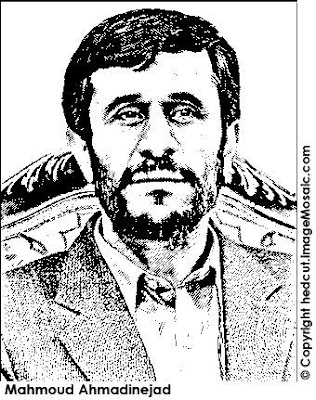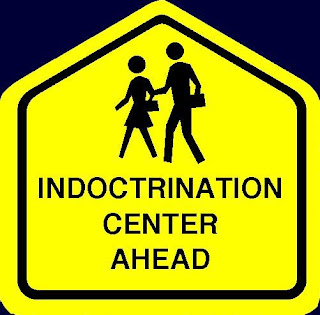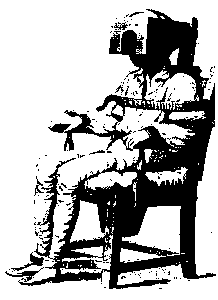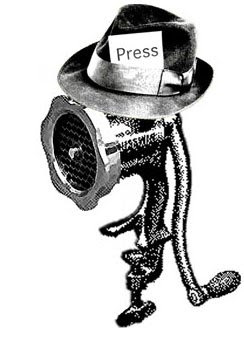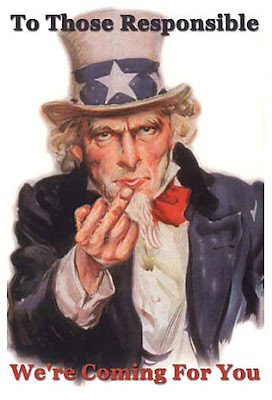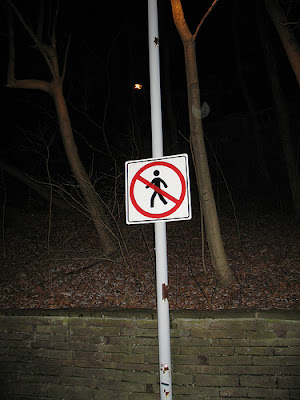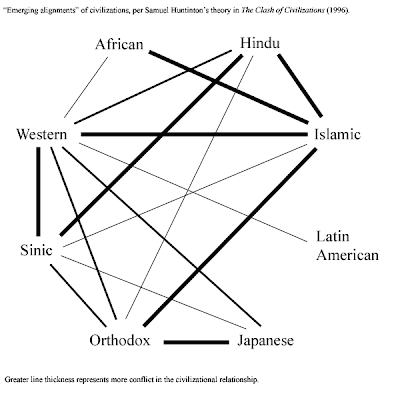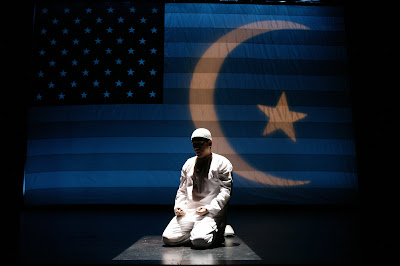You know those “military analysts” that appear thousands of times in the mainstream media, telling us about the war in Iraq? On April 20th 2008 New York Times revealed that those very analysts in fact are hired by the Pentagon in a massive campaign to generate favorable news coverage of USA:s wartime performances. Their filthy lies are echoed throughout the rest of the world, thus creating a false image of what’s really going on in Iraq.
Fox, CNN, NBC, ABC and others are involved.
“Most of the analysts have ties to military contractors vested in the very war policies they are asked to assess on air”, writes NYT, meaning they have great financial interests here. What we think are comments from experts is pure propaganda.
“A few expressed regret for participating in what they regarded as an effort to dupe the American public with propaganda dressed as independent military analysis”, writes NYT.
This obviously is a huge scandal, but have you read about it anywhere? Where are the bills in the newsagents’ windows? I’ve looked, but all I see is the same old crap; “You’re feeling dizzy? Might be a hidden disease!”
Damn, I feel like a conspiracy theorist sometimes, but what the hell… This is the truth. This is what’s going on. How can we keep quiet?
And how come such a huge paper like the New York Times wrote about it? Because they are not dependent on selling ads to those major american companies that have interests in what the world looks like post 9/11, the companies that earn their money from war and are a huge part of the war industry. New York Times is owned by a very wealthy family, and they were against the war in Iraq from the very beginning.
Read the article here.
That’s just another example of how we’re being fucked by the mainstream media.
Here in Sweden the headlines today are about the totally mindbending wiretapping law which in short terms means that all telephone and internet operators will be forced to attach a large cable to the state’s supercomputer, where the state will be able to keep a record of everything said in telephone conversations, surfed on the web or written on the internet. Instead of just criminal suspects having their phones tapped, now everyone will be tapped via their phones, emails, web surfing, faxing, etc. The state will scan all phone calls, emails and so on in real time. Anything that is considered “interesting” on the basis of 250,00 search criteria, will be saved for further investigation. This is plain sick and makes me think of China, Stasi and crazy movies from the Cold War era.
The problem is that media just woke up like yesterday starting to report on this highly important issue, and on Wednesday the Swedish parliament is supposed to pass this very controversial law. People are hard at work writing emails to their politicians, participating in anti-FRA-law-Facebook-groups, blogging like fuck and lots of other good things. However, had media done their job we’d been much better prepared. However, that’s what the people in power are trying to avoid. A well informed crowd is a dangerous crowd. Keep the masses away!
It’ll be interesting to see what’s gonna happen on Wednesday.
Too little, too late? Or maybe we really made a difference on such a short notice?


